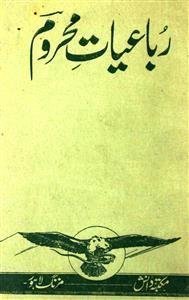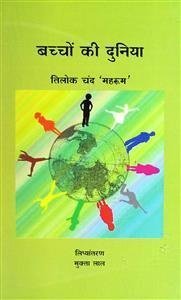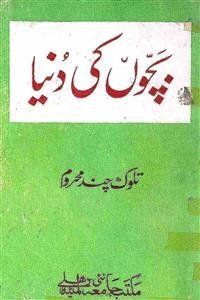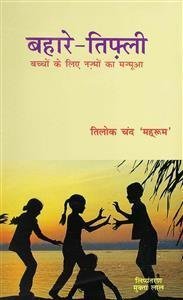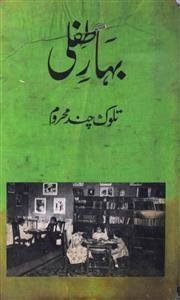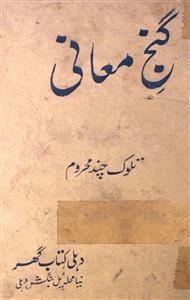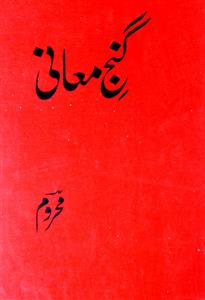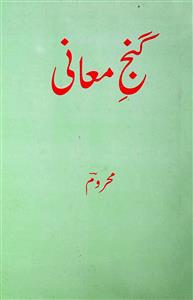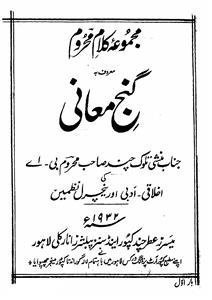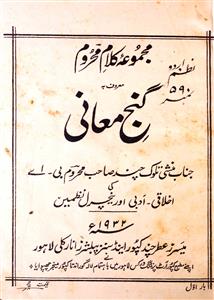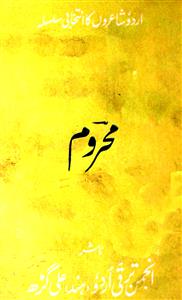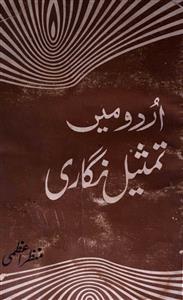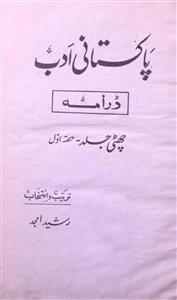 For any query/comment related to this ebook, please contact us at haidar.ali@rekhta.org
For any query/comment related to this ebook, please contact us at haidar.ali@rekhta.org
About The Book
زیر تبصرہ کتاب "رباعیات محروم" تلوک چند محروم کی رباعیوں کا مجموعہ ہے، محروم کی رباعیوں میں فلسفہ اخلاق، مذہب اور روحانیت کے نکتے جابجا نظر آتے ہیں۔ محروم کو اپنی زندگی میں بہت صدمے دیکھنے پڑے ہیں اس لئے یاس و الم کی کیفیت بھی ان کے کلام خاص کر رباعیوں میں اس کی جھلک نظر آتی ہے۔ محروم کو عورتوں کی بے حیائی و بے باکی پسند نہیں ہے، وہ عورتوں کو شرم و حیا کا پیکر دیکھنا چاہتے ہیں، رباعیوں میں اس موضوع کو بہت خوبی کے ساتھ پیش کیا گیا ہے، انسان کے مقام و مرتبہ اور کمالات و خصائص کو بیان کیا گیا ہے، انسان کی پریشانیوں و مجبوریوں کا نقشہ کھینچا گیا، دنیا کے بے ثباتی کا تذکرہ کیا گیا ہے، فلسفئہ اخلاق و مذہب کے اہم نکات کو پیش کیا گیا ہے، برائی کی قباحت کا اظہار کیا گیا ہے، بری عادتوں سے اجتناب کا پیغام دیا گیا ہے، مثلاً غیبت، لالچ، وغیرہ اور خراب عادتوں کی غلامی کو سب سے بری غلامی قرار دیا گیا ہے، مجموعہ میں شامل رباعیاں آسان زبان میں ہیں، اور ان میں بلند پیغام موجود ہے۔
About The Author
Popular poet, Tilok Chand Mahroom was born on July 01, 1887 at a small place in tehsil Isa Khail, Miyan Wali in Punjab, Pakistan. After passing his middle school examination, he continued his studies further to acquire the degrees of Entrance, B. A. and S. A. V. as a private candidate. In 1908, he joined Mission School Dera Ismail Khan as a teacher. In 1933, he was appointed the head master of Cantonment Board Middle School. With the communal riots following India’s Partition in 1947, he migrated to Delhi from Rawalpindi.
Mahroom had a natural inclination towards composing verse which led him to write poems at an early age in his life. In 1901, when he was a middle school student, he wrote the elegy of Queen Victoria. During his days in high school, his poems found way in prestigious journals like Zamana and Makhzan. Mahroom practised all poetical forms. Many of his poems are marked by the spirit of patriotism. In this respect, he falls in the tradition of Suroor Jehanabadi and Brij Mohan Chakbast. He also wrote poems for children that enthuse and fill them with patriotic fervour. Ganj-e-Maani, Rubaiyat, Karvan-e-Watan, Nairang-e Maani, Bacchon Ki Duniya, and Bahaar-e-Tifli are the collections of his poetry. He breathed his last on 6th January 1966 in Delhi.
 For any query/comment related to this ebook, please contact us at haidar.ali@rekhta.org
For any query/comment related to this ebook, please contact us at haidar.ali@rekhta.org
